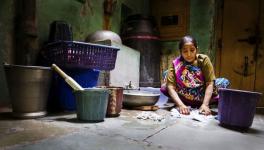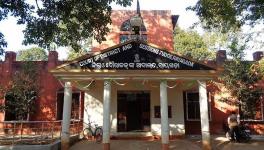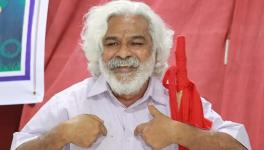Mondi Community: Vicious Cycle of Oppressed Existence
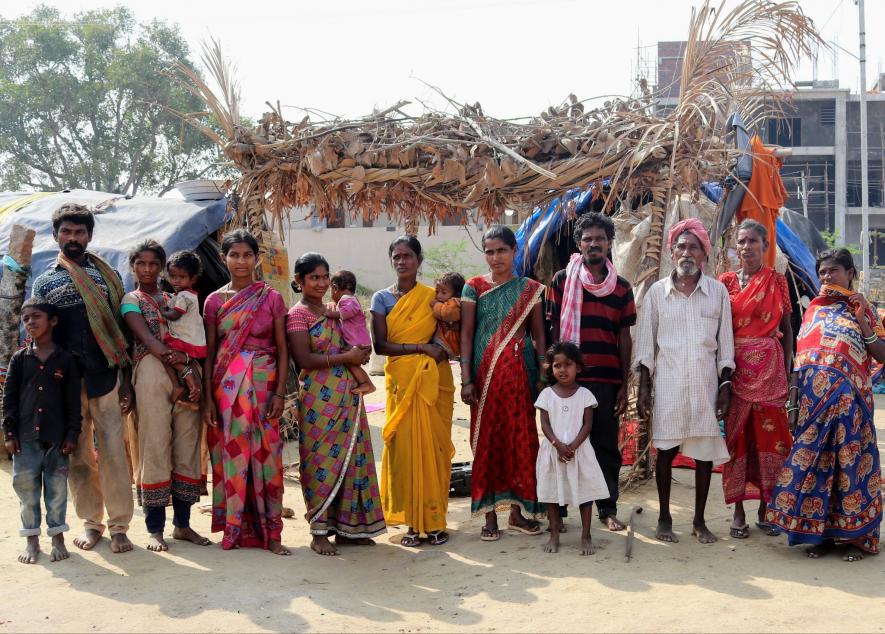
The ostracism of small semi-nomadic communities even after 75 years of Independence is an anomaly. Pushed to the outskirts of cities for decades, these communities have been socially alienated. This segregation is the root of caste discrimination and criminalisation of these people.
The Mondi community of Telangana is one such former semi-nomadic tribe. Notified as a criminal tribe under the Criminal Tribes Act, 1871, in British India, the community is still looked down upon as thieves even after the law was repealed in Independent India in 1949.
Despite the real estate boom, the development of Metro and the construction of bridges and underpasses in Hyderabad, the Mondis lead the same life. Several community members have managed to find refuge within the bustling city—for example, LB Nagar, which connects Hyderabad with Vijayawada. Further ahead, lies Hayathnagar, where development continues at a rapid pace; the suburbs, where the eight-lane Jawaharlal Nehru Outer Ring Road has caused a real estate boom; a big film studio complex, big amusement parks and pharma companies—all in the Ranga Reddy and Nalgonda districts.
“There was so much fresh air and greenery here—hills and trees, especially palm—before the construction of companies. Despite the modernisation and development, our lives remained the same,” says Thirupathaiah (70), a herdsman looking for grass for his flock, sharing his experience in the region.
In spite of being categorised as Most Backward Castes, the Mondis are still haunted by the stigma of the Criminal Tribes Act, 1871, and oppressed and discrimination against by upper castes. Mondi subcastes include Mondivaru, Mondibanda, Mondipattu, Mondivagulas. The community is also found in Andhra Pradesh, Tamil Nadu, Karnataka and Maharashtra.
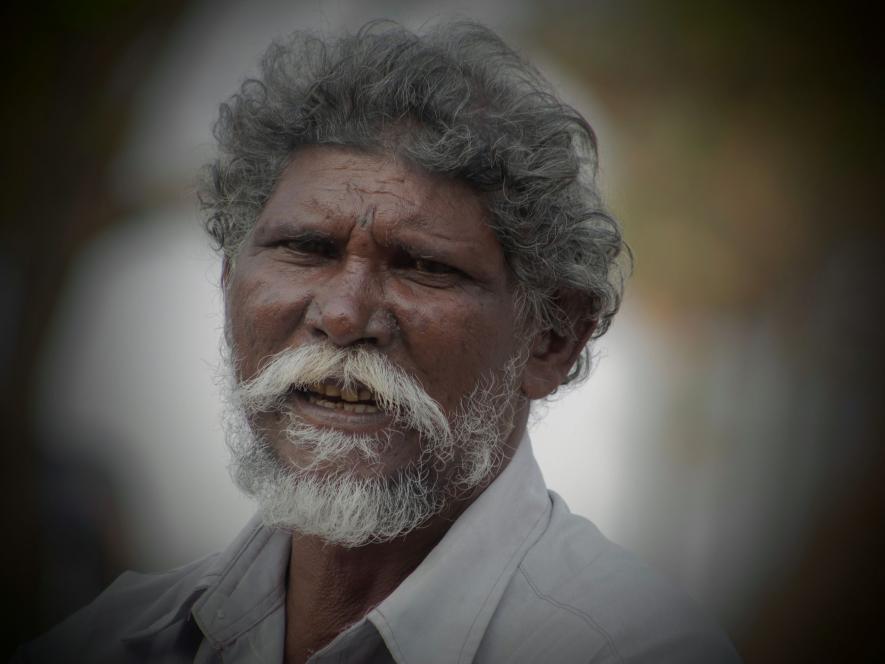
Thirupathaiah, a member of the Sanchara Jathi Mondipattu community, switched to herding from hunting due to the changing environment.
“The damn word ‘Mondi’ has become our caste,” says Thirupathaiah adding the community faces discrimination in every village.
“We are called thieves, uncultured, ragpickers, beggars, pig catchers and dirty,” says Premalatha narrating her anguish.
In 2017, the sarpanch of Abdullapuram village, in Ranga Reddy, forced his herder to herd a few buffaloes out of a pond. The herder, who belonged to the Mondipattu subcaste and didn’t know how to swim, was trapped in the mud and died.
Chennaih, a first-generation teacher from the community, says, “No one questioned the injustice. The sarpanch pressured the family of the deceased to shut up and gave them Rs 5,000.”
Like other nomadic tribes, most community members still dwell in huts and one-room houses. The main sources of livelihood are gathering food, collecting human hair, hunting small animals and the Meera art form.
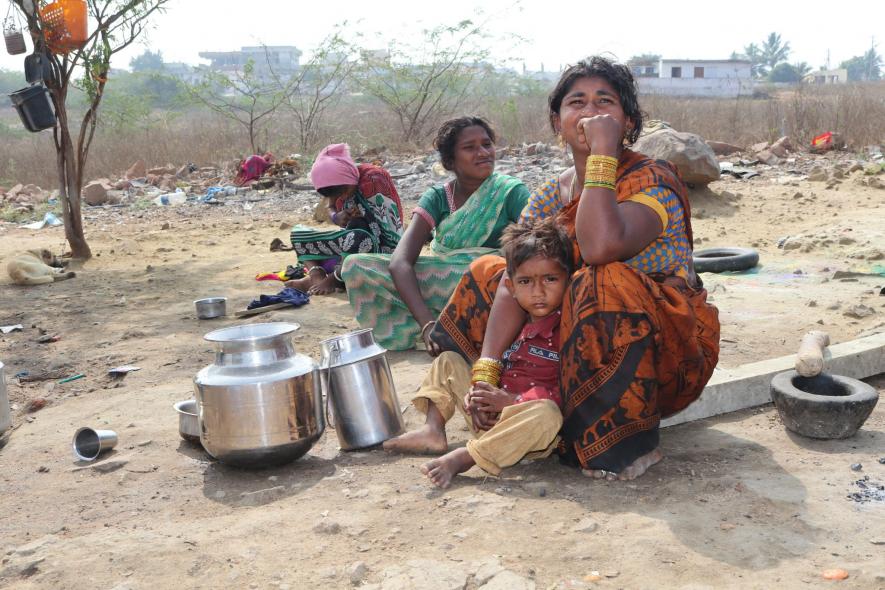
Women on their porch.
Earlier, the community’s major source of livelihood was Bhikshatana, an art form in which the artist wrapped a cloth around his head like a turban, wore a garland specially braided with human hair and four-five iron ankles, and carried a woven bag on the left shoulder and a butcher’s knife in the right hand loaded with iron bangles. He sang folk songs with the accompanying music produced by the clanking of the knife and the bangles.
Thirupathaiah is one of the remaining three or four artists of this art form, which is likely to die in the coming years.
Mondis who didn’t perform Meera relied on begging for survival—they even vomited or hit their heads with stones on the porch of a house if the owner refused to give them alms. With changing times, the community has gradually switched to herding, rag picking and daily wage labour. Pig rearing, the source of livelihood of the Yerukula tribe, was appropriated by some members of the Mondi community, resulting in frequent fights.
The community hasn’t benefited from government schemes either. The Mondis are not eligible for the Gorrela Pampini Padakam, a subsidised sheep distribution scheme, because they adopted the livelihood of domestication and grazing animals from the backward communities of Yadavas and Kurmis.
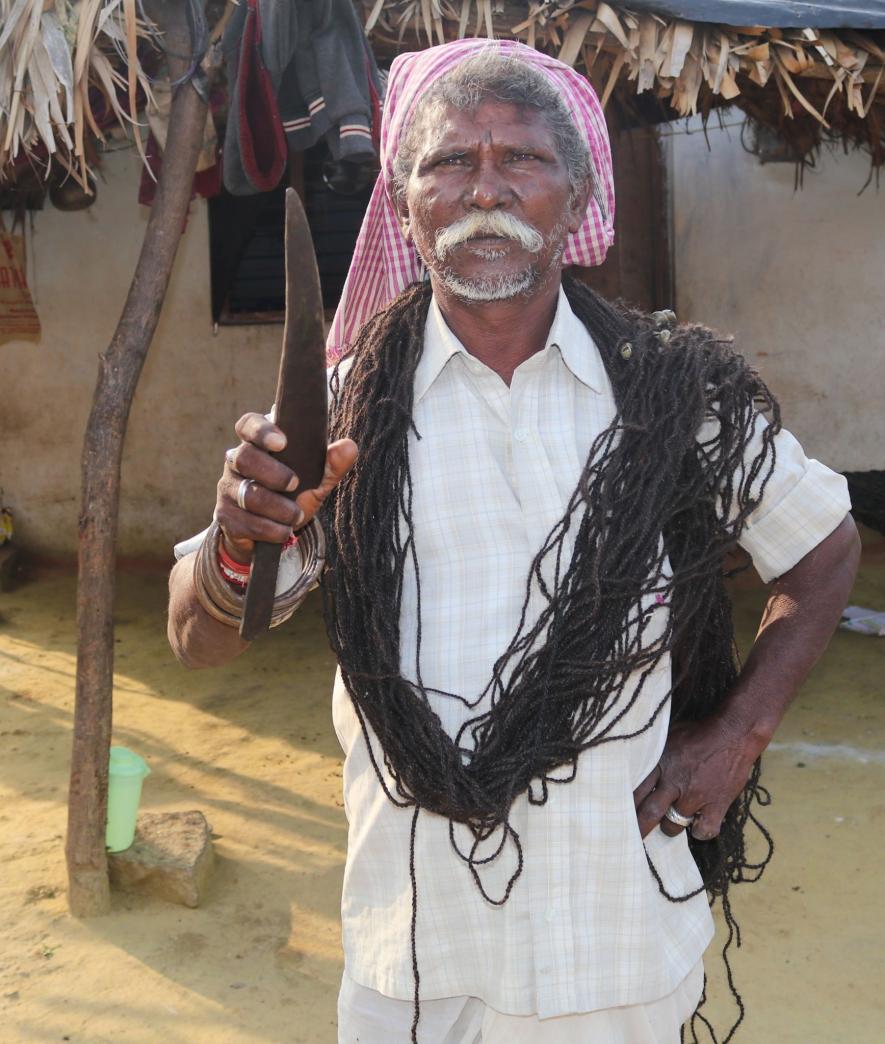
Thitupataih in Mondy Meera's attire.
The Mondipattus inhabit several villages located after the ring road—Tarmaspet, Abdullapuram, Gowdavalli, Singaram, Batasingaram, Pasavala, Kunturu, Komatipally, Addaram, Balija Gudem, Kothaguda and Bhoodan Pochampally. With a population of more than one lakh, they are ranked the lowest among the Mondis.
They live in blue huts, constructed near drains, lakes, highways or railway tracks, in constant fear of their dwellings being bulldozed by the local revenue officer.
The community is also exposed to animal attacks. According to Ale Narender, president of Mondi Caste Association, two children died of snakebite in 2018.
A majority of the community women are ragpickers and often abused by the general public. “People treat us as thieves, rummage through our sacks and abuse us. They accuse us of stealing their copper and steel pots,” says Lachumamma.
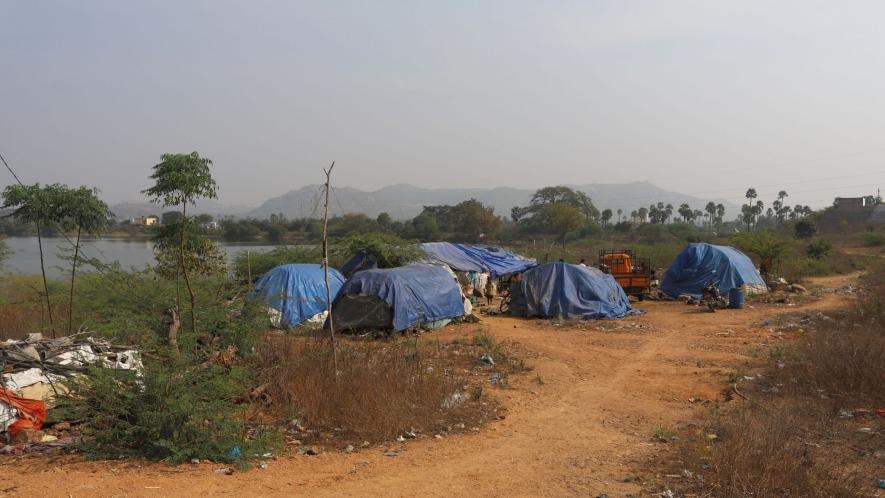
A Mondy Pattu colony.
Another woman alleges that the state government is not interested in uplifting them. “The government should provide
us houses and jobs. Will we continue to live like this?” she asks.
Some of the Mondis work as daily wagers in Shadnagar town of Mahabubnagar district. About 100-200 Mondis unload goods from vehicles daily but with no guarantee of work the next day.
The labourers work in inhuman conditions with no guarantee of life or medical care, in case, of an accident. “Three workers were recently crushed under a lorry. Who is going to take care of their family members?” asks Ramesh.
It is very rare for a Mondi to complete graduation. Two or three members who were in graduation had to quit studies to work as daily wagers during the pandemic.
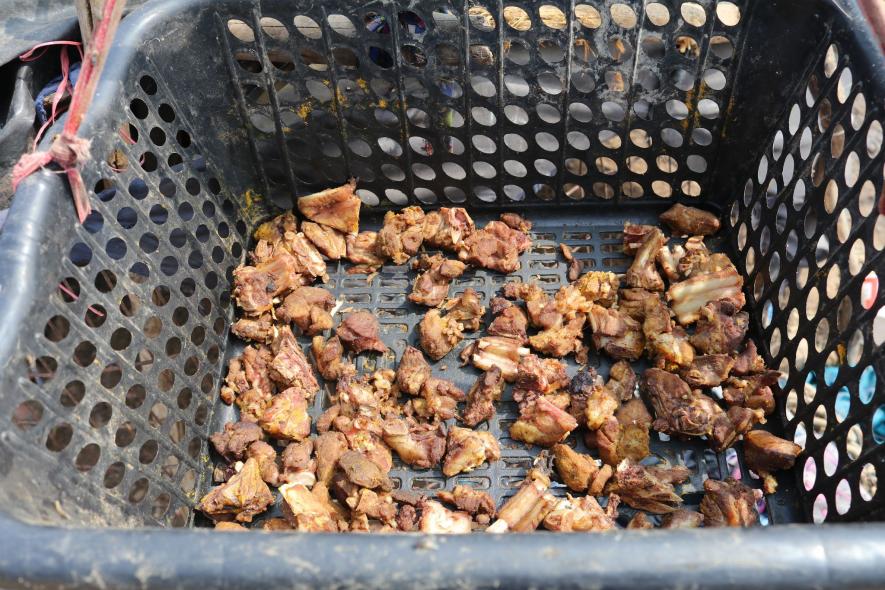
An age-old method of meat preservation.
The labourers sell pork on Sundays to support their families but not without facing severe objection from higher castes, who don’t want pork shops near their colonies.
Hamali Worker Union president Srinu says, “During COVID-19, the municipality killed our pigs. Even during the Swachh Bharat Abhiyan, our pigs were captured. We were never compensated.”
When the community protested the capture of the pigs, the local municipal office called the police. Pigs raised by upper castes are never captured.
The old and the middle-aged members of the community could never study and the youth had to quit studies and take to daily labour. Shockingly, even kids are not enroled in schools and support their families for survival.
Successive state governments have been apathetic to the oppressive existence of the community by not creating an inclusive development scheme that can provide a better source of livelihood. The government, NGOs and the mainstream media can play a major role in removing the decades-old stigma on the community, talking about its problems and giving it a better life.
The writer is a documentary filmmaker, photographer and researcher.
Get the latest reports & analysis with people's perspective on Protests, movements & deep analytical videos, discussions of the current affairs in your Telegram app. Subscribe to NewsClick's Telegram channel & get Real-Time updates on stories, as they get published on our website.









